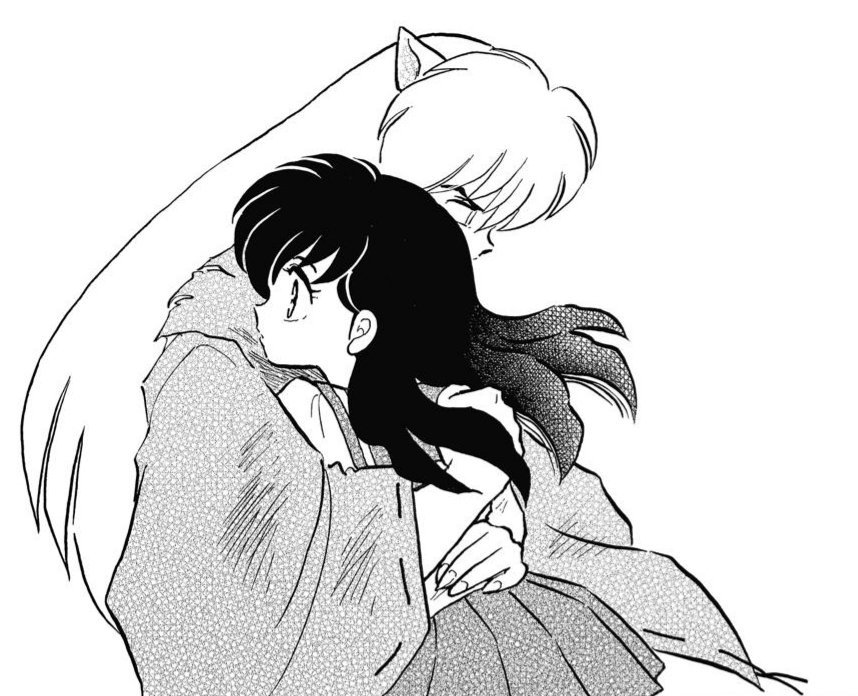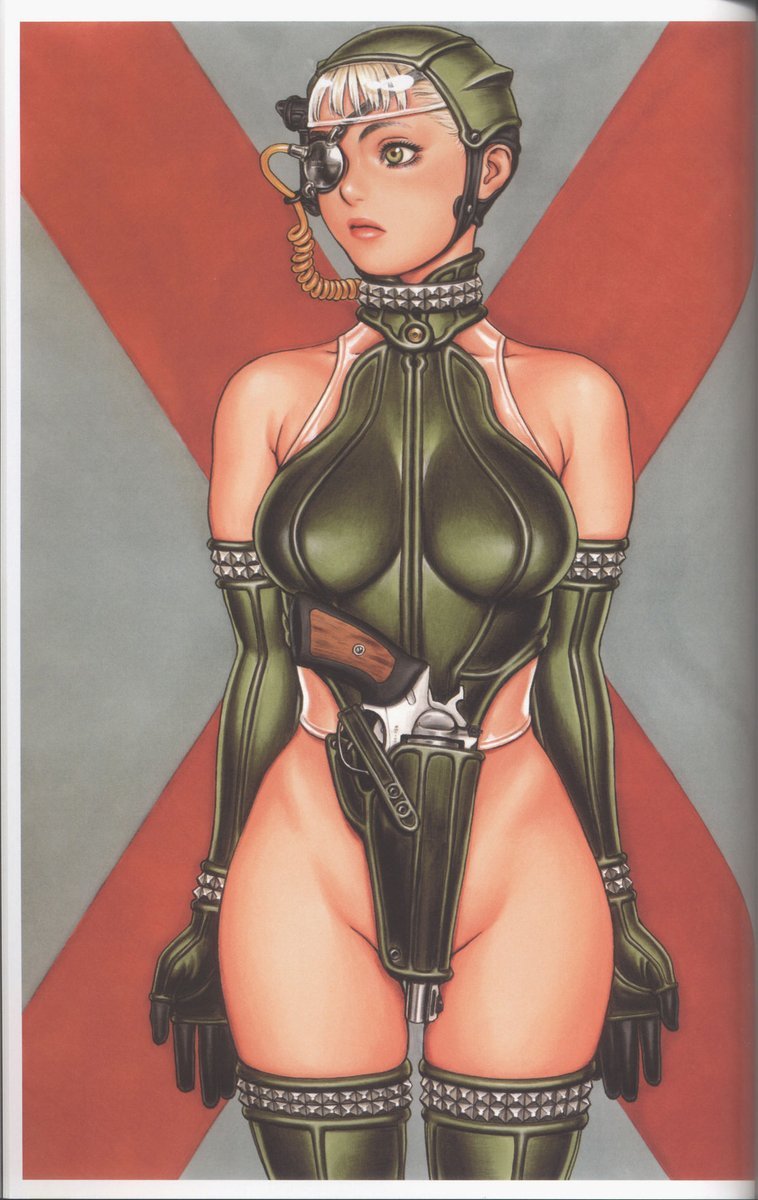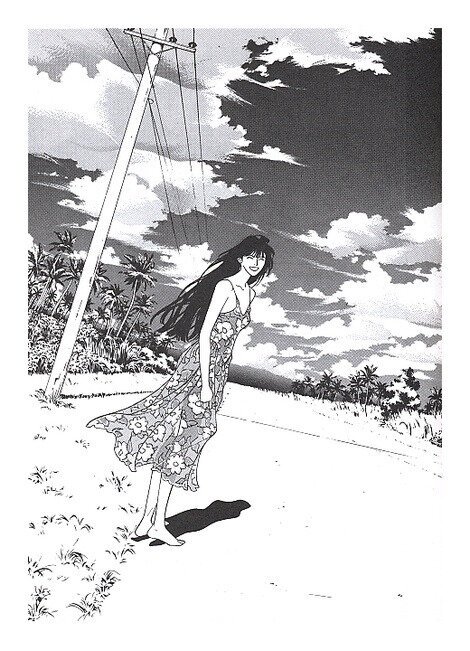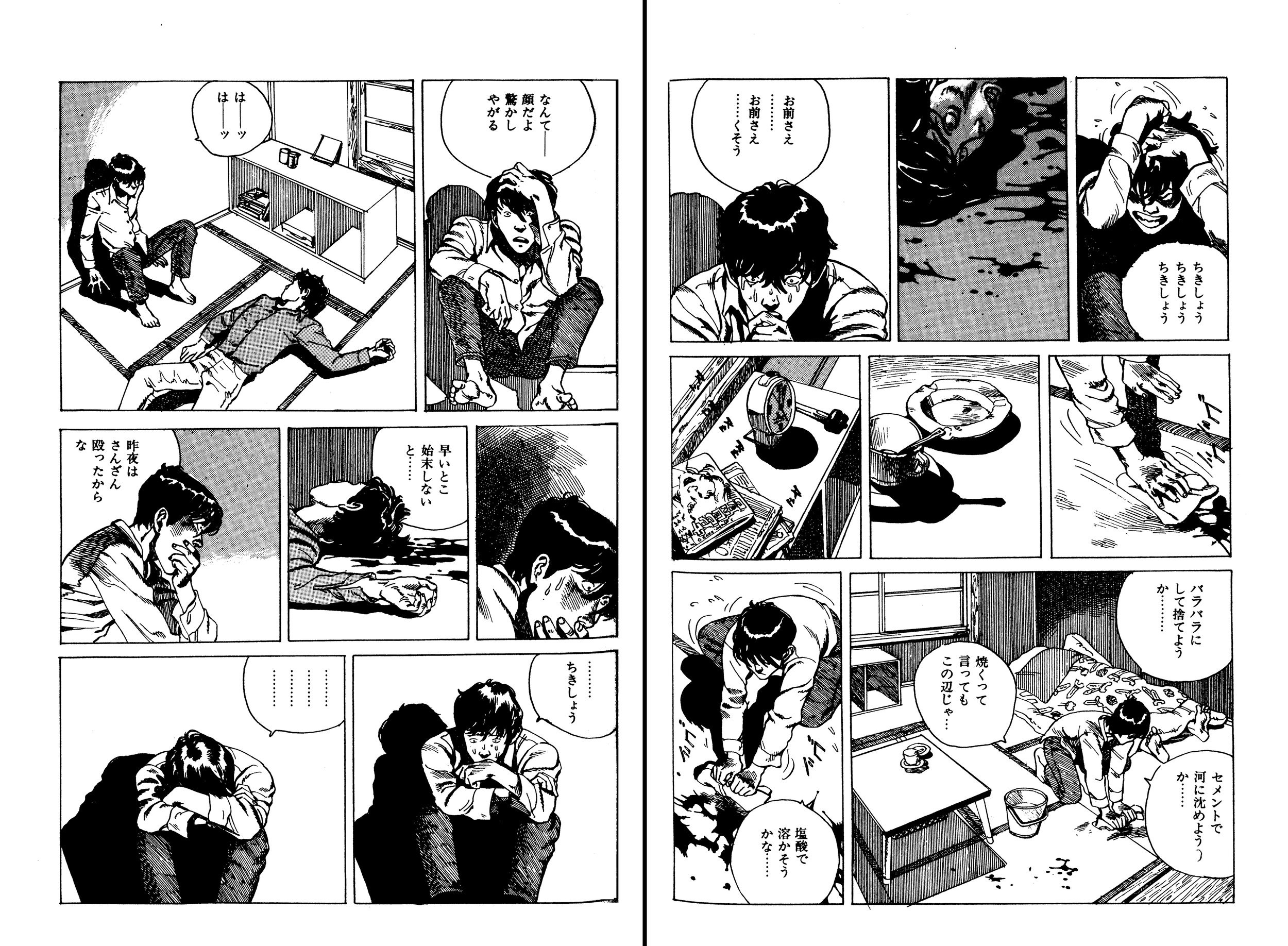The Beauty You Missed in Inuyasha: A Manga Ahead of its Years

Going to the local bookstore and heading immediately to the manga section is a shared experience for many. Particularly in the early-to-tens 2000s, Dragon Ball Z, Naruto, and Fruits Basket proudly took over the shelves, tidily arranged in order.
These giant pillars of manga and anime have been essential to the coming-of-age stories for lots of people and marked us in the best way.
The legendary-status manga and anime Inuyasha have received the same amount of praise, and unsurprisingly so; created by the tremendously talented Rumiko Takahashi, Inuyasha is a manga that has brought painful themes in softer light, effortlessly swooning the reader as it plunges into incomparable darkness.
Takahashi started working on Inuyasha right after she completed Ranma ½, another iconic work of hers, and released it in 1996. However, instead of adopting the jovial tone so on-brand of her, Inuyasha is much more somber and serious. The plot follows the young Kagome who accidentally switches timelines and falls into a mythical parallel world of gods and demons.
She turns out to be the rebirth of Kikyo, a powerful priestess who fought for peace and purification: great responsibility rests on her faith. Kagome meets the mischievous Inuyasha, an anthropomorphic demon dog, and this meeting marks the beginning of an irreversible chapter in her life.
Titled after him, the character of Inuyasha has been an element of fascination for years. He undoubtedly is a creation of the female gaze but the manga-turned-anime is far from being of the shoujo genre because of the complexity of the story’s structure and especially because of the character depth: though fantastical, the mixing and muddling of masculinity and femininity strongly separate Takahashi’s work to other pieces of that time. In a way, the yin-yang harmony of the entire series is why it makes it so timeless. Consistent, enchanting, and poetic, Inuyasha is perfectly executed.
About the Author:
Mizuki Khoury
Born in Montreal, based in Tokyo. Sabukaru’s senior writer and works as an artist under Exit Number Five.





